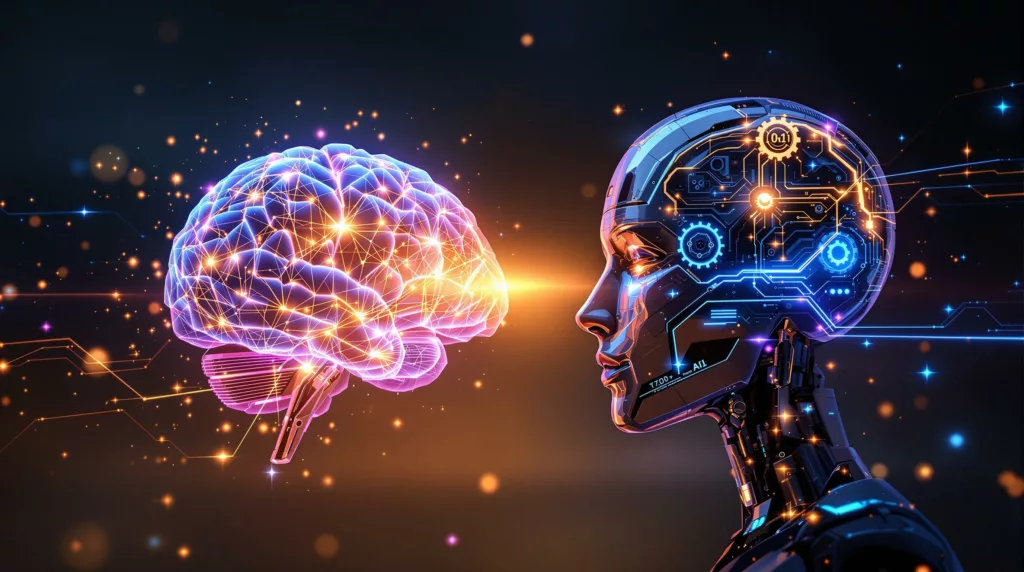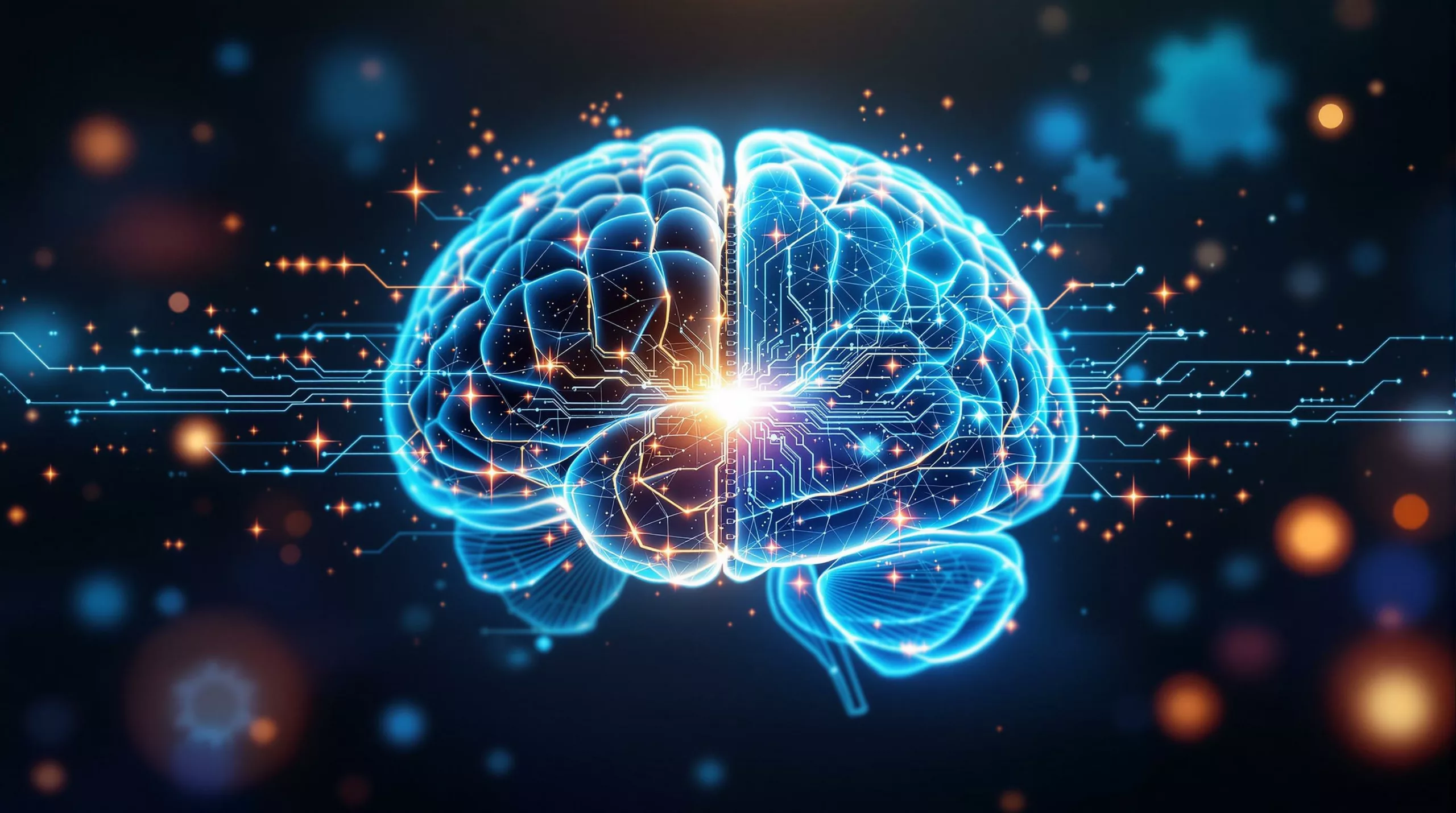Artificial Intelligence (AI) is revolutionizing how we live, work, and think. It plans projects, writes emails, and even helps generate ideas. But as helpful as AI can be, it poses a crucial question: Is it supporting AI and critical thinking or eroding it?
In this post, we’ll explore why relying too much on AI could compromise your creativity and freedom of thought—and how you can use AI wisely while staying in control of your unique perspective.
What Does AI’s “Unbiased” Nature Really Mean?
We often assume that AI provides balanced, neutral insights. However, AI’s “knowledge” comes from training data created by humans—and human data is rarely free from bias.
For example:
- AI and sensitive topics: Ask about controversial issues like climate change or political policies. You may notice AI leaning toward specific narratives while avoiding others.
- Why it matters: AI doesn’t intentionally deceive but reflects its data, which can skew perspectives.
This inherent bias makes it critical to approach AI-generated content with a questioning mindset.

The Danger of Outsourcing Critical Thinking to AI
AI makes life easier, and in today’s fast-paced world, convenience is appealing. But here’s the risk: the more we let AI shape our thoughts, the less we engage in critical thinking.
What’s at risk?
- Loss of creativity: Relying on AI suppresses unique ideas.
- Erosion of independence: You become passive, accepting answers without questioning.
- Control over narratives: Developers and corporations influencing AI responses effectively shape societal perspectives.
Your ability to think critically is vital for creativity and freedom. Don’t let the convenience of AI override these essential skills.
Who Controls AI and Its Influence on Critical Thinking?
AI is a product of human programming. The organizations behind AI decide what’s acceptable in its responses. This means that every answer you receive has been influenced by someone else’s decisions.
Implications:
- Developers as gatekeepers: They define what AI can or cannot say.
- Impact on society: These decisions shape public narratives, subtly steering collective thinking.
Remember, AI isn’t inherently malicious, but it reflects the intentions and priorities of its creators.
How to Use AI Without Losing Your Critical Edge
AI is a powerful tool—if used correctly. To get the most out of it without compromising your ability to think critically:
Tips for smarter AI use
- Optimize productivity: Use AI for automating tasks like emails or brainstorming.
- Stay informed: Rely on diverse sources—books, articles, and discussions—for well-rounded views.
- Question its output: Always ask, “What bias might be influencing this answer?” or “What’s missing from this perspective?”
- Take control of your beliefs: Let AI assist, but ensure your thoughts and decisions are truly your own.
Your Mind Is Your Most Powerful Tool
No matter how advanced AI becomes, it cannot replicate your creativity, intuition, or life experiences. While AI can simplify tasks, only you can shape your beliefs, decisions, and ideas.
By embracing critical thinking and questioning the information you receive, you protect your intellectual freedom. Let AI assist you—but don’t let it replace the extraordinary power of your own mind.
Call to Action:
Want to explore more about AI, creativity, and critical thinking?
Subscribe to our newsletter for exclusive tips and insights! Or search for more articles.

